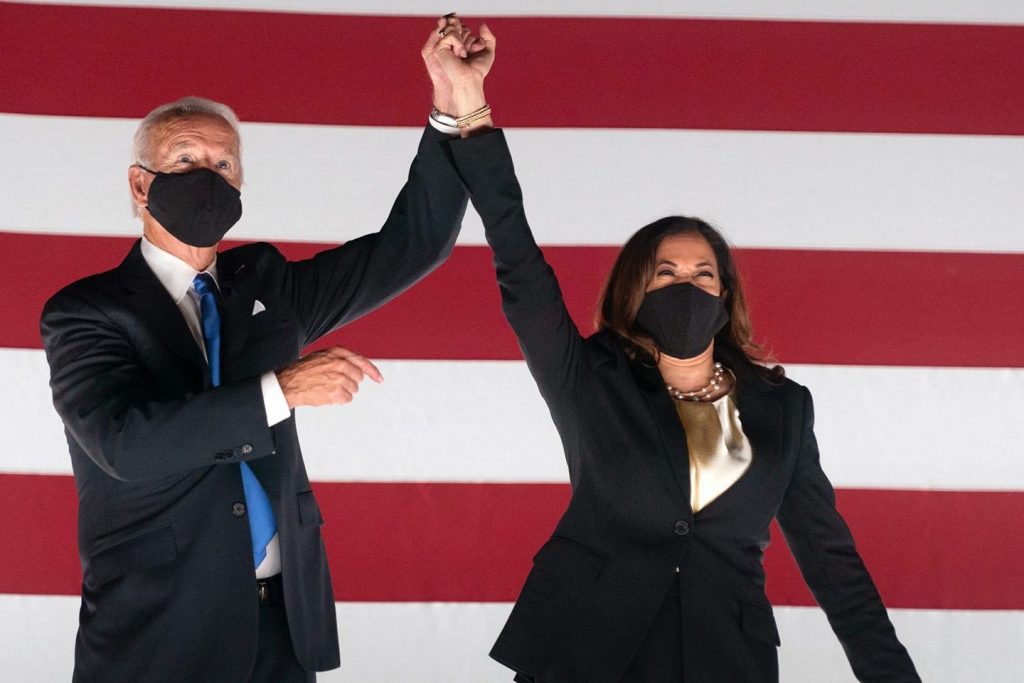How U.S. Travel Policies Change in the Biden-Harris Era

Skift Take
On day one, travel executives will see policies from White House that will give them renewed hope that the world will be more open and soon safer from a deadly pandemic. Four contentious years will be in the past and a steadiness returned from which to rebuild a devastated industry.
U.S. travel executives will watch with hope along with the rest of the world at noon Wednesday as Joe Biden and Kamala Harris assume the office of president and vice president of the United States. The official swearing in will mark the end of four long years of Donald Trump that left the travel industry frustrated and even baffled by stifling policies.
Things get better immediately, as President Biden will overturn Trump's ban from Muslim-majority countries through executive order just hours after the inauguration. But that's just one reason travel executives are hopeful. The new 117th Congress sharing the same party-majority party as the president means policies impacting travel should not face the same familiar partisan bottlenecks.
Biden's $1.9 trillion injection plan for the U.S. economy to battle the impact of the pandemic will provide assistance to businesses and consumers, providing a lift to gross domestic product that is certain to benefit the travel sector.
And Biden's laser focus on curbing the pandemic (he will not follow through with Trump's proposal to lift bans on travel from Europe, UK and Brazil) will ultimately set a renewed example for the world and set the stage for a return to travel.
It seems like 100 years ago now, but Barack Obama was the first sitting U.S. president to sit down with the travel industry around a table and discuss the challenges facing tourism. It was under his tenure that Brand USA was born, the leading marketing organization for U.S. travel. As Obama's eight years came to a close, Skift recounted his unprecedented successes for the travel industry.
At the dawn of 2021, travel executives see Biden as a return to those days, and real leadership. Much is still unknown, but here’s how things could change across the U.S. travel industry from a policy perspective.
Tourism
The announcement that Biden’s first days in office will reverse Trump’s controversial travel restrictions has sent waves of optimism and hope across the sector. The Muslim ban will be the first to go, but the Biden-Harris administration also plans to order a mandate of mask-wearing on federal property and for interstate travel, and the country will see its first semblance of a proposed vaccine distribution plan.
"We’re really encouraged by what the Biden team put out (recently) as it relates to federal leadership on a vaccine distribution," said Tori Barnes, executive vice president of public affairs and policy at the U.S. T
